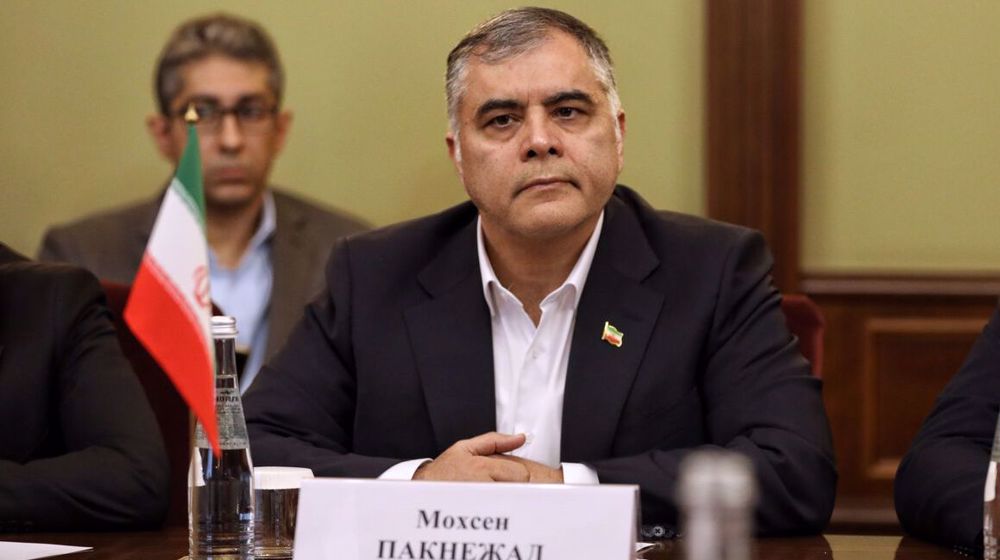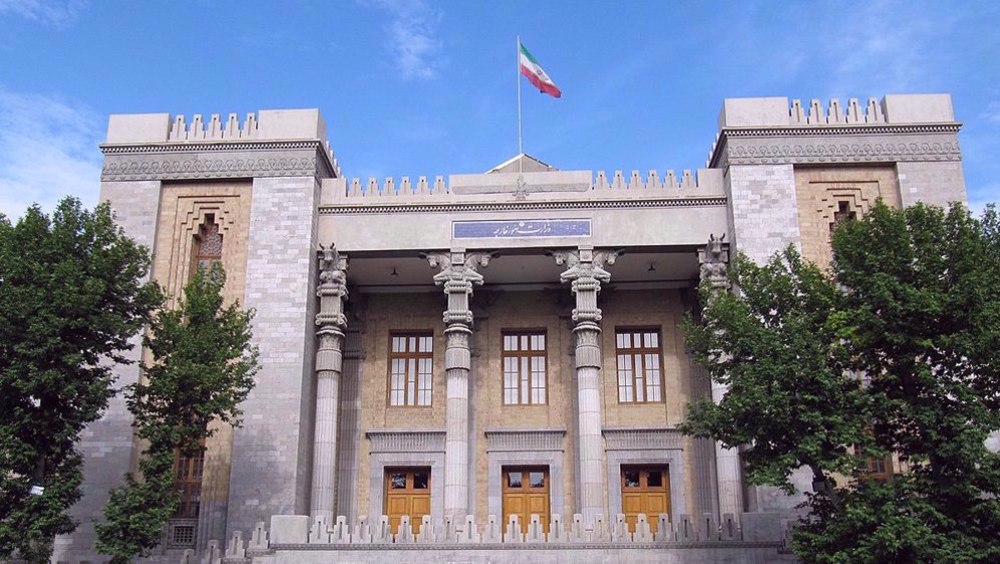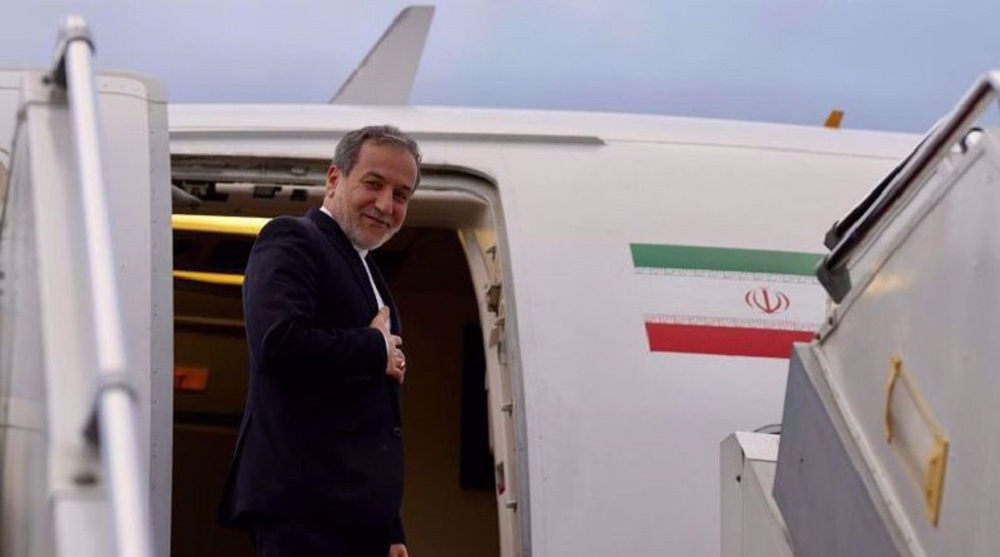Iran to continue assisting its neighbors: Rouhani
Iranian President Hassan Rouhani has defended Tehran’s support for neighbors such as Iraq, saying the assistance will continue.
“We, as a neighboring country, will continue assisting those nations and governments, which have called for our help,” Rouhani said in a briefing with journalists on Wednesday.
The Iranian president made the remarks after a meeting with Iran’s Parliament Speaker Ali Larijani and Judiciary Chief Ayatollah Sadeq Amoli-Larijani.
The Iranian president expressed hope that Iraq could soon regain stability and security as the fight against the Takfiri Daesh terrorists continues.
"We hope that the Iraqi nation would push the terrorists out of their country, and for Syria, as well, we hope that the people of that country would see days of higher security and stability not only in the month of Ramadan but also the rest of the year."
Iraqi Foreign Minister Ibrahim al-Jaafari told Lebanon-based al-Mayadeen television in an exclusive interview aired on June 11 that his country needs Iran's assistance in fighting terrorists, dismissing US questions about Tehran's role in the Arab country. Jaafari said Washington cannot dictate its views on Iraq.
In his interview, Jaafari also praised Iran's Major General Qassem Soleimani whose occasional sojourn among the Iraqi forces on the battleground has drawn international attention.
Elsewhere in his remarks, President Rouhani slammed terrorist activities in the region, censuring international organizations including the United Nations for their declining influence in settling global issues.
“When the UN secretary general and the UN itself budge in the face of pressure and financial threats from a country to remove the name of that country from the list of countries killing children, it shows that international organizations no longer have even the flawed position they used to have in the past,” Rouhani said, referring to a recent statement by UN Secretary General Ban Ki-moon, who admitted that he removed Saudi Arabia from a blacklist of child killers in Yemen only 72 hours after the list was published.
The UN gave in to a Saudi demand to remove the kingdom from a blacklist of child rights violators, less than a week after it blamed Riyadh for the killing of hundreds of Yemeni children.
UN chief Ban Ki-moon said on Monday, June 6, that he has accepted “a proposal by Saudi Arabia that the United Nations and the Saudi-led coalition review jointly the cases and numbers” cited in the report.
The Children and Armed Conflict (CAAC) report, published last Thursday, said the Saudi coalition was responsible for 60% of child casualties in Yemen last year, when it killed 510 children and injured 667 others.
“Pending the conclusions of the joint review, the Secretary-General removes the listing of the Coalition in the report’s annex,” Ban said, adding the decision was taken even though the report reflected “the highest standards of accuracy possible.”
The UN decision drew serious fire from various human rights groups with Human Rights Watch accusing Ban Ki-moon of succumbing to “political manipulation” from Riyadh to remove the Saudi regime from the list.
Amnesty International also decried the “blatant pandering,” which it claimed “damages the credibility of the UN as a whole,” and Oxfam dubbed the decision as “a moral failure.”
Saudi Arabia launched its military aggression against Yemen on March 26, 2015 in a bid to bring Abd Rabbuh Mansur Hadi — a staunch ally of Riyadh who resigned from the presidency — back to power. More than 9,400 people have been killed and at least 16,000 others injured since the onset of the aggression.

Oil Minister Paknejad: Russia build nuclear plant in Iran with own funds

Iran summons Dutch envoy over 'baseless' accusations against Tehran

Iranian FM Araghchi heads to Muscat for indirect talks with US
Iran-US talks: Trump, sanctions and the mirage of a durable nuclear deal
US universities defy Trump deportations of foreign students
WFP: Food stocks depleted in Gaza due to all-out Israeli blockade
Yemenis hold nationwide rallies to condemn US aggression, support Palestine
VIDEO | Press TV's news headlines
VIDEO | Gaza’s top surgeon killed under torture in Israeli jails
VIDEO | Araghchi arrives in Oman for US talks; termination of inhumane sanctions ‘priority’
VIDEO | Iran transforms Qeshm Island into Persian Gulf bunkering hub








 This makes it easy to access the Press TV website
This makes it easy to access the Press TV website